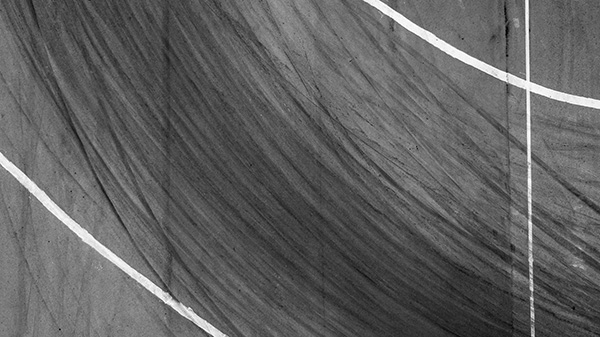
If you’ve ever wondered why your tires wear out faster after driving certain routes, you’re not imagining things. Not all roads are paved the same way, and the condition and design of the roads you regularly drive on can greatly impact how long your tires last. Even with quality tires and regular maintenance, certain environments are simply harder on rubber than others.
Knowing what kind of road conditions accelerate tire wear can help you make smarter decisions—not just about where you drive, but also how you care for your tires.
Rough and Broken Pavement
Cracked, crumbling, or poorly maintained roads are brutal on tires. Every time you hit a pothole or a jagged patch of pavement, your tires absorb the impact. This causes more than just surface damage—it can weaken the tire structure, knock your alignment out of spec, or even cause sidewall bulges that shorten a tire’s life.
Some roads are in such rough shape that no matter how carefully you drive, you're still putting extra stress on your tread and sidewalls. This is especially true in areas with extreme weather, where the roads tend to break down faster and get patched more than properly resurfaced.
Chip Seal and Coarse Asphalt Surfaces
Certain road surfaces are designed with a rougher texture, like chip seal roads commonly found in rural or less-traveled areas. These roads use loose gravel embedded in tar, creating a gritty, high-friction surface that’s harder on tires.
Coarse asphalt, while great for improving traction, grinds away at your tread faster than smooth pavement. It might be safer in wet conditions, but over time, it shaves down the rubber faster—especially at higher speeds.
Sharp Turns, Hills, and Frequent Stops
Tire wear isn't just about the road material—it’s also about how you drive on it. Roads with lots of tight curves, steep inclines, or frequent stop-and-go traffic tend to wear tires faster. That’s because your tires are constantly working harder—gripping, rolling, and braking more aggressively.
Uphill driving puts more strain on the front tires, while downhill routes can cause accelerated wear if you brake often or ride the brakes too much. If your daily commute includes a lot of twisting backroads or city traffic, don’t be surprised if your tread disappears quicker than you expect.
Road Debris and Construction Zones
Driving through areas under construction or on roads with loose gravel, nails, or other debris can cause more than just tread wear—it increases the risk of punctures, flats, and uneven wear patterns.
Even a small piece of debris can lodge in your tread, causing a slow leak that affects tire pressure—and underinflated tires wear faster and unevenly. If you’re frequently driving through construction zones, regularly inspect your tires for damage and keep your air pressure in check.
Heat and Humidity Accelerate Wear
Road temperature plays a role too. Hot pavement in warmer climates—especially in places like Sarasota, FL—can heat up your tires faster, which softens the rubber and leads to quicker tread wear. Combine that with high-speed driving on coarse roads, and your tires are doing double the work.
In extremely hot conditions, tire pressure also fluctuates more, making it even more important to check inflation regularly. Driving on hot, abrasive roads with even slightly low pressure is a recipe for premature wear—or worse, a blowout.
Keep your tires in top shape with help from Kaufman’s Auto Repair in Sarasota, FL. Book your tire check or alignment service today and drive with confidence!